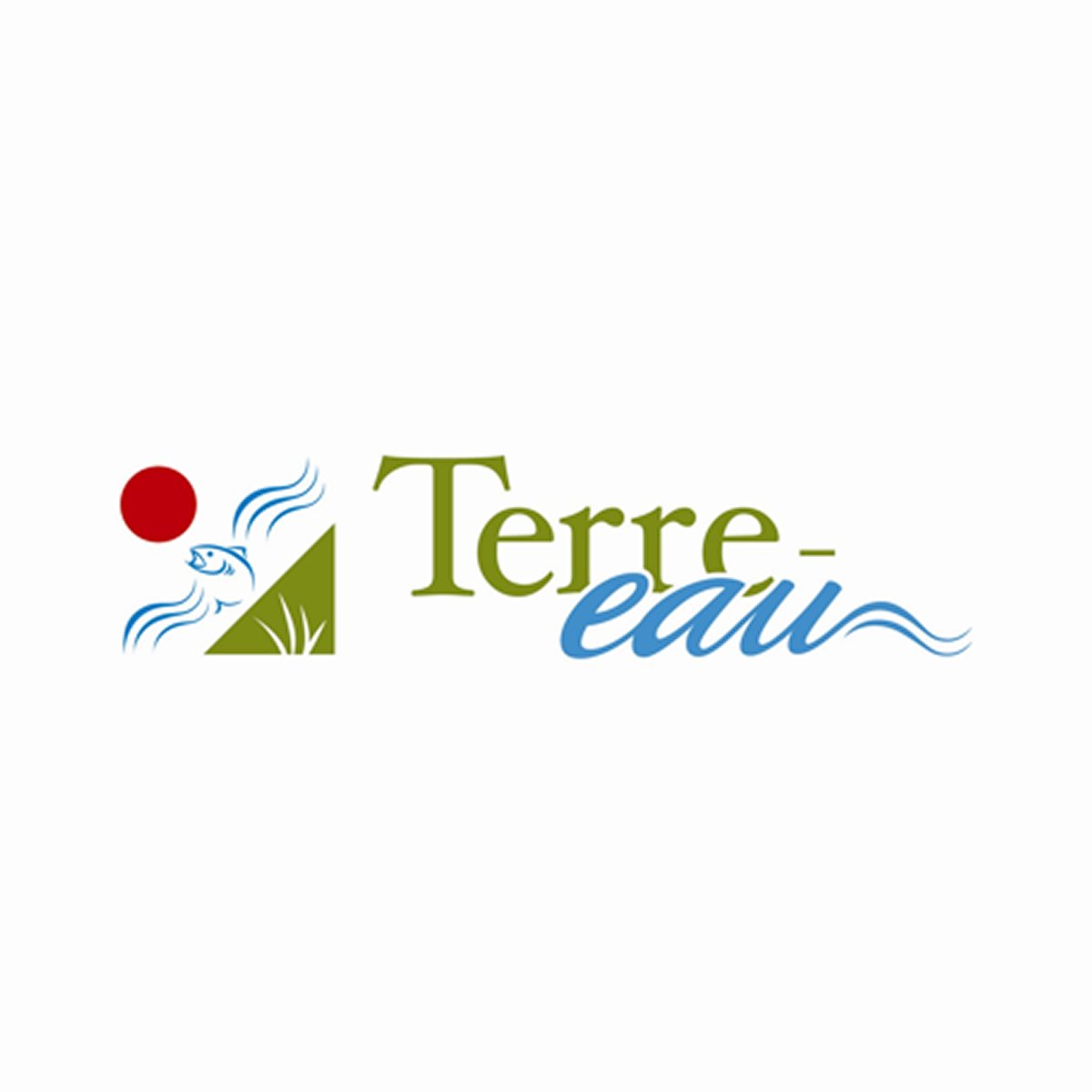Louis Drainville is first and foremost the son of farmers, a wildlife technician, biologist, and agronomist. He is the father of two children. He has 33 years of experience in the private sector as an agronomist and biologist. From 1992 to 1998, he developed the agro-environmental diagnostic approach. Between 2000 and 2002, this approach was fully integrated into the reference grid for the implementation of the PAEF (Agro-Environmental Fertilization Plan) of the Order of Agronomists of Quebec (OAQ). From 1998 to 2020, he served as a consulting agronomist for Agro-Futur Matane, an agro-environmental club (30-103 agricultural businesses, depending on the year). From 1998 to 2006, he was a fertilization (agro-environment) expert for the Order of Agronomists of Québec. During this same period, he also implemented concrete actions (tree planting, GHG assessment, optimization of manure use, etc.) to improve the greenhouse gas (GHG) balance on the farm. From January 2001 to April 2002, he was a lecturer at the University of Quebec in Rimouski for the course “Evaluation and Development of Biological Resources.“
In 2002 and 2003, the Order of Agronomists of Québec recognized his work over the past 10 years by appointing him as an inspector-investigator in agroenvironment and ethics, as well as an investigator in matters of illegal practice and title usurpation. In 2003, he was appointed president of IWRM (Integrated Wind Resources Management) Inc., whose greatest achievement has been to promote the community development of wind energy in Québec. Since 2013, Terre-Eau has been advising the municipality of Ste-Luce on the implementation of measures to reduce the concentration of nitrite-nitrate in their drinking water, in addition to measures to improve groundwater recharge through snow (Mission Neige project). Since 2014, he has been collaborating, in some cases as a co-author, with researchers from UQAR (University of Québec at Rimouski) and elsewhere on various master’s, doctoral, and post-doctoral research projects on a range of topics, including several in avian ecophysiology on the impact of environmental components of the agricultural landscape and certain pesticides on native bird species. On October 26, 2024, Louis Drainville received the “Inspiration” award from the University of Québec at Rimouski. This distinction is awarded to a graduate in recognition of their remarkable and inspiring contribution both professionally and in terms of community development.
As sole shareholder, he has been president and CEO of TERRE-EAU Inc. since its creation in 1994 (Terre-Eau enr. 1992-1994).
TERRE-EAU Inc. is a private company operating in the renewable resources and agroecology sectors. From an environmental,
human, and economic standpoint, the agroecological pillars of agricultural production are the company’s main motivations and guide
our actions in accordance with professional ethics (vision, integrity, quality, and rigor). Its area of activity mainly covers the BasSaint-Laurent and Gaspésie regions but also includes several clients elsewhere in Quebec. In 2010, Terre-Eau established FETE (Ferme Expérimentale Terre-Eau, or Terre-Eau Experimental Farm). This “division” of the company is its research arm and carries out applied and fundamental scientific research activities. FETE has its own experimental vineyard with 10,000 plants of 13 different grape varieties. Since 2021, in collaboration with a chemistry researcher from UQAR, research has focused on a potentially innovative concept for improving the antioxidant potential of white wines by using maple syrup in chaptalization.
Finally, its experiences over the past 33 years, combined with the implementation of various agricultural production and field
research activities, are gradually serving to catalyze the strengths of the community with a view to establishing various training
programs and concrete achievements in agroecology.

In the spirit of respect, reciprocity, and truth, we acknowledge that we live, work, and gather on the traditional territories of the peoples of Treaty 7, including the Blackfoot Confederacy—comprising the Siksika, Kainai, and Piikani Nations—as well as the Îyâxe Nakoda and Tsuut’ina Nations.
This land, known as Moh’kinsstis in the Blackfoot language and encompassing what is now Districts 5 and 6, is also home to the Métis Nation of Alberta, Region 3, within the historical Northwest Métis homeland.
We recognize and honour the deep connection these Nations have to the land, and we are grateful for the opportunity to share in its stewardship.
As we continue our work, we commit to learning from Indigenous knowledge systems, uplifting Indigenous voices, and fostering relationships rooted in equity, understanding, and reconciliation.